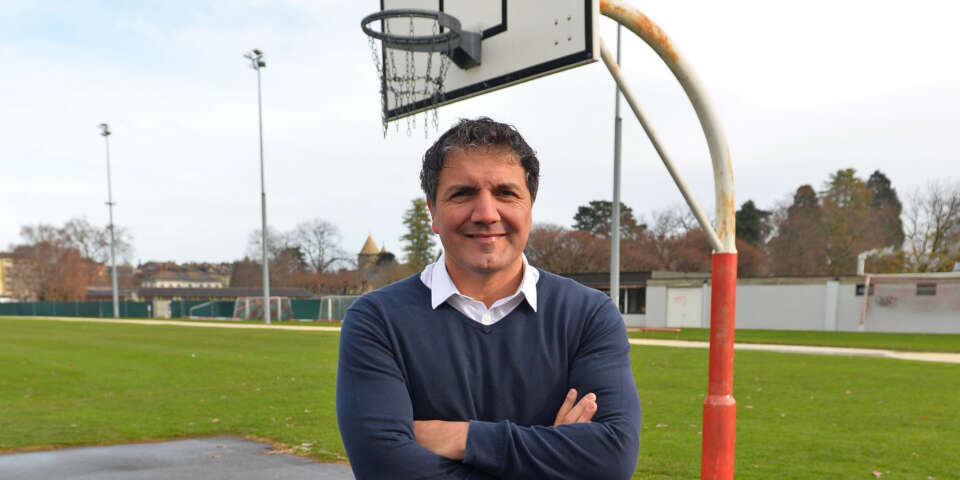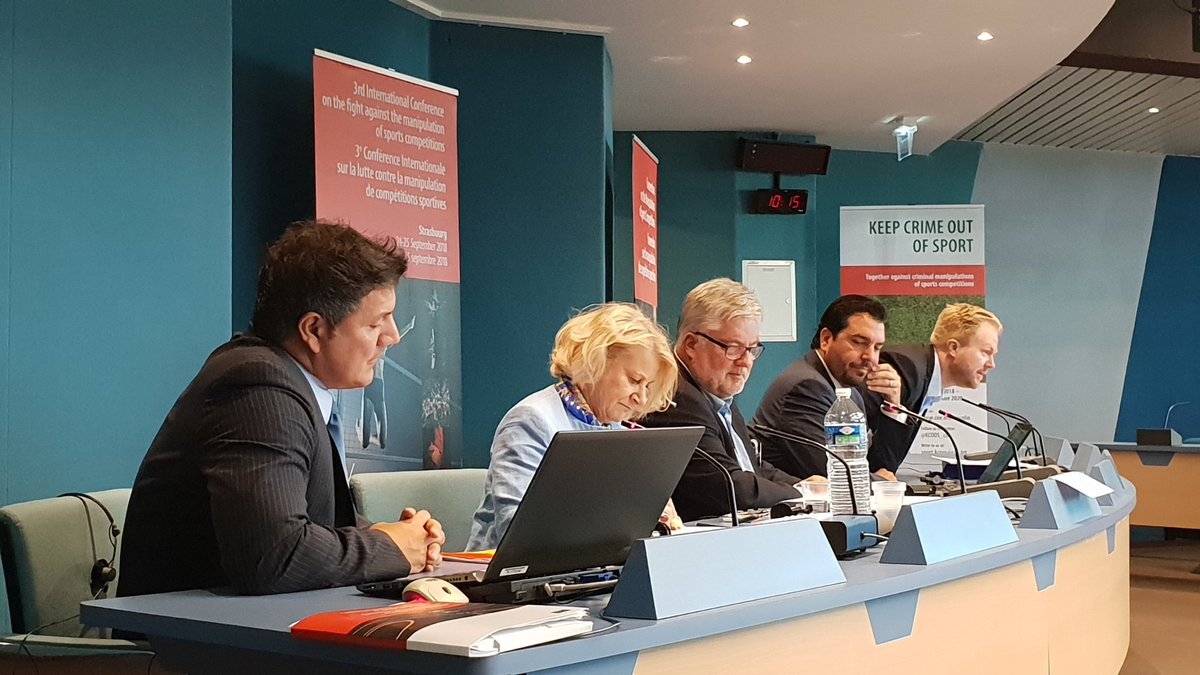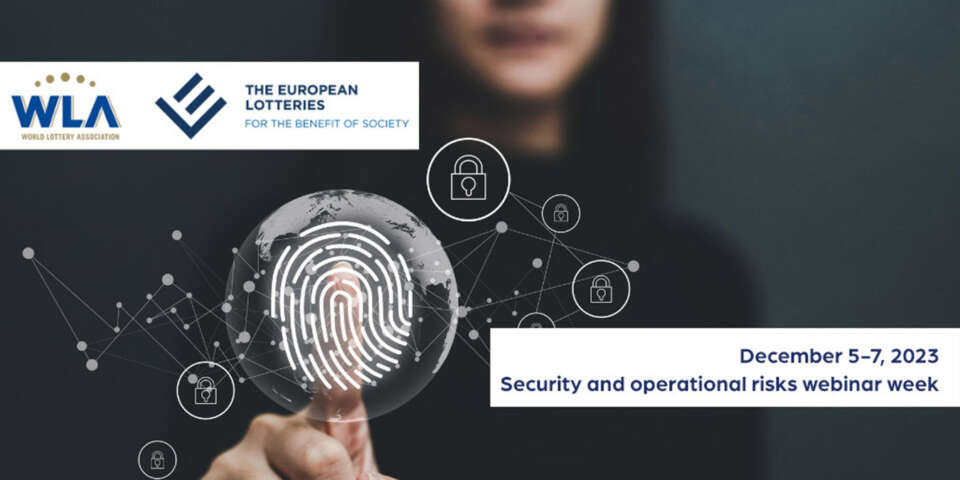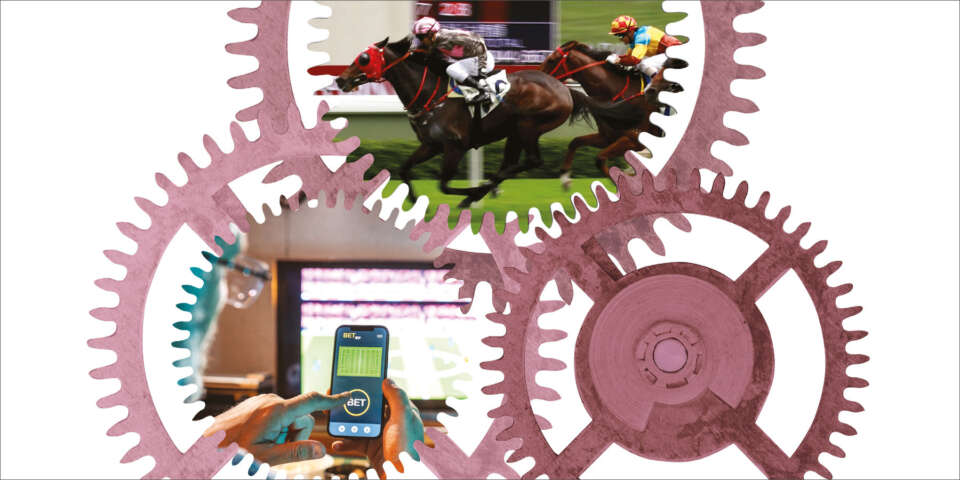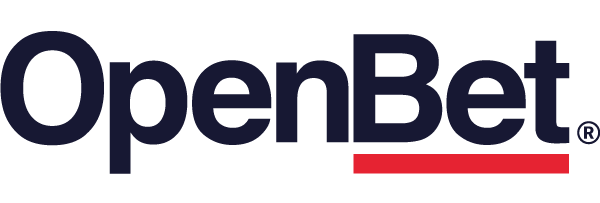What does sports integrity mean to you and why is it important?
Coming from the sports sector, sports integrity means a lot to me. While integrity is about being honest with strong moral principles, sports integrity means ethics and values, which promote confidence in sports, including positive conduct by its community. Hence, the purpose of the sport integrity framework is to protect the athletes and sport competitions themselves against illegal and immoral activities, including the manipulation of sports competitions.
What are the main issues affecting the integrity of sports today?
Any actions or activities that are against honesty, trust, values, ethics, morals, beliefs, respect, inclusivity, and fairness in sports affect the integrity of sports today. Sports integrity goes beyond the sole fight against sport competition manipulation, it also includes illegal activities such as doping and political corruption.
Which safeguards are essential for protecting the integrity of sports?
I believe that while it is important to professionalize and globalize the fight against sports competition manipulation, for instance through strong cooperation with law enforcement agencies, the best investment the sports sector can benefit from is education. For sports, sanctioning means failing as any scandals would automatically lead to a loss of credibility for the sport, a deterioration of the image, and ultimately, a loss of partners and sponsors. Therefore, educating athletes and their entourage, as well as competition organizers themselves, is of great importance and represents the best safeguard in the long term. In the Macolin Convention as well, education appears in an early chapter, while in the more established anti-doping field, it is a major component. GLMS is investing a lot in its educational services. The IOC is a catalyst in this domain and we are happy they are one of GLMS’ Partners. A series of workshops will be proposed for our members as of 2021 to address their concerns in governance and risk management as well as other issues related to legal issues such as legal ability to exchange information with private stakeholders (such as sport organisations to better investigate and collate information on competition manipulation).
Which vulnerabilities or risk factors increase the likelihood of match fixing? How has the ongoing COVID-19 pandemic exacerbated these vulnerabilities and risk factors?
In 2020, in these unprecedented times of COVID-19, corruption has drastically increased in sports, and criminal organizations have been active, replacing primary sports competitions with risky lower-level events and ghost matches. GLMS received an important number of requests from its partners and members, including a request for new sport competitions to conduct risk analyses.
The issue is that during a crisis such as the one through which we are living in 2020, an increasing number of sports competitions and clubs become vulnerable, as the financial burden is very high. From the betting side, at the same time, despite fewer competitions, our member lotteries remained under significant pressure to find competitions on which to offer bets. Unfortunately, in this kind of situation the main risk is the manipulation of competitions with unusual types of offers appearing, especially when clubs are hit hard and athletes’ salaries are cut.
GLMS has been very busy in 2020, notably liaising with its members, with regulators and law enforcement agencies. Investigations are ongoing in a number of cases. We also organized a webinar together with EL and WLA in order to communicate actively to safeguard our members’ integrity.
GLMS General Secretary, Giancarlo Sergi, participates in a panel discussion at the 3rd International Conference on the fight against the manipulation of sports competitions in 2018.
COVID-19 potentially threatens the future of organized and competition sports itself on multiple fronts, from the financial threat to professional sports, the medical threat to individual players and participants, and the threat to youth sports and children’s health caused by lockdowns and school closures. The lottery and sports betting industry is renowned for its commitment to sports, especially at the grass-roots level. What if anything can GLMS and the global lottery and sports betting industry do to help ensure that sports not only survives but thrives in this age of COVID-19?
Sport must survive, this is crucial at all levels, from grassroots to professional sports. There is no way it can properly survive being in this situation repeatedly. Concerning sport betting, the second wave is different from the first one as the sport industry has learned from the first wave; many major leagues and competitions have resumed, even behind closed doors. The situation is not ideal but there is a general will to continue playing, as this is crucial to make the younger generation dream and not lose too many partners or sponsors along the way. The DNA of lotteries is to fund and support sports. There is a need to find a balance.
Whose responsibility is it ultimately to maintain the integrity of sports?
The responsibility of maintaining the integrity of sports must be shared between different actors and institutions, which act complimentarily in their respective sectors. The autonomy of sport is a very important principle to remember. However, there unfortunately are a number of external influences that threaten the integrity of sports itself. For this reason, the actions of other actors are crucial. To start with, I would say that the individual states have a major role to play in maintaining sports integrity by facilitating education, legislation and other similar actions, and GLMS strongly encourages all states to ratify the international Macolin Convention, which also provides a platform and legislative framework for joint action via its national platform concept. Second, through its highly professional OM Unit PMC, the IOC oversees the overall prevention of competition manipulation in the Olympic movement, including the athletes and officials. In a larger sense, sports federations have a duty to attribute resources to education for athletes, personnel, and entourages – relying on the IOC where possible, on projects under programs such as ERASMUS+ in Europe, and on exchange with other federations for good practices. Finally, as the sports integrity body for the lottery sector, GLMS is very active in preserving sports integrity through its different services and through its monitoring hubs across three continents.
What role can sports betting operators play in preserving the integrity of sports?
Operators are considered key stakeholders, with dedicated articles in the Macolin Convention and should be treated as such. While the abuse of sports betting only forms one part of the problem, it should be considered in context with other motivations. While it may not always be the primary motivation, often it is a consequential activity that follows from other manipulations and therefore sports betting operators have a key role here. Education of their consumers and employees, due diligence, close cooperation with regulatory authorities to set limits and regulations, and then with sports organizers prior to offering sports are some of the important tasks. In addition, good cooperation with law enforcement and judiciary will also be important in addressing any ongoing investigations. Through GLMS, the state lotteries have a major role to play. We work with a “glocal” approach, meaning activating our services and monitoring globally but, thanks to our members, with local knowledge. The cooperation is crucial in the fight against the manipulation of sport competitions and without our individual members – the state lotteries – it would be difficult to act locally. GLMS is proud to have been admitted in November, to be one of the first three observers of the Macolin Convention Statutory Committee, along with Interpol and the International Olympic Committee. As the only sport integrity body representing the interests of betting operators, GLMS will endeavor to contribute to the fight against sports manipulations worldwide, while ensuring that the interests of our members and the society as a whole are represented.
How can state lotteries best help GLMS achieve its objectives?
A constant cooperation is crucial between GLMS and its individual members, the state lotteries. This applies whether it concerns timely monitoring and exchanging information on the various competitions and reports or whether it involves education and facilitating exchange of good practices, and helping our members develop better relationships with other relevant national stakeholders. A new series of workshops will be organized by GLMS for its community in order to foster education and the prevention of sports competition manipulation, and to facilitate such inter-stakeholder relations.
What is the correlation, if any, between match fixing and illegal betting?
When an operator is offering bets on competitions in a jurisdiction without a license to offer bets in that jurisdiction, then it is harder to control the offer, to trace the money, and to identify whether there is any suspicious activity. Without entering into further detail, I would answer that GLMS is in line with the Council of Europe Convention on the Manipulation of Sports Competitions, which calls on governments to adopt measures that include the fighting illegal sports betting; allowing for the closing of, or restricting access to the operators concerned; and blocking the financial flow between illegal operators and consumers. The definition from the Convention, and in many of our member countries, states that “Illegal sports betting” refers to any sports betting whose type or operator is not allowed (such as by exclusive rights, a license or automatic recognition of licenses granted by certain third countries) by virtue of applicable law in the jurisdiction of the Party where the gambler is located¹. The illegal market which gives customers a very high pay-out has attracted criminal groups, interested in manipulating the sports competitions on which bets are placed so as to exploit the information through betting, and in the course of this activity laundering criminal finances. This damages the image of sports.
As part of their internal risk management analysis, most betting operators have their own surveillance system, to monitor the betting activity of their customers and to spot unusual movements across the betting market. What does GLMS offer its members above and beyond this?
The fight against the sport competition manipulations is a global phenomenon and the organized crime does not stop at the border. GLMS provides its stakeholder an international information-sharing network. Its global activities include close relationships with law enforcement agencies such Interpol and Europol and the governing bodies of the sports sector. Being a Member of GLMS, especially with our new statutes, means taking an active role in the prevention of sports competition manipulation worldwide When GLMS’ monitoring system raises an alert, our analysts assess and conduct a deep and thorough investigation, combining internal research and the collation of information gleaned from our members to compile a complete file on the situation and determine whether a given activity requires further attention or whether it can be justifiably explained. Or, when a member identifies suspicious activity, they contact the GLMS monitoring team, who can then verify the suspicious activity in the same way, by contacting other members, consulting its monitoring platform, and compiling a report.
However GLMS goes beyond helping members identify and qualify suspicious alerts. GLMS supports its members in their sport integrity efforts. Many members are part of or should be part of national platforms, the concept of the Macolin Convention that promotes a coordinated approach to education, prevention, detection and sanctioning of sports manipulations. GLMS acts at a policy level ensuring the role of its members in national efforts to protect sport integrity and endeavors to ensure that its members respect the Convention in their role as sports betting operators, while addressing general sport integrity issues from various aspects including for example, responsible gaming and advertising. For example, at the initiative of one of our members, GLMS published its very first in-depth study in July 2020 entitled ‘’Betting Operators and their sponsorship of sport’’.
Both doping and match fixing continue to exist despite a monumental effort by all those who have a stake in the integrity of sports. Is the fight against corruption in sports a never-ending battle or do you foresee a day when sports will be free of corruption?
Protecting athletes from activities such as doping and match fixing is an endless fight against an international phenomenon that needs to be treated globally with a maximum of professionalism. It will take time before we manage to eradicate match fixing or doping completely, we all need to progress step by step. Of course, this will always be a challenge, given the ever-evolving technological world in which we live. And criminals will always try to concentrate their efforts in domains that are not well legislated and engaged. The best we can do is to ensure that legislation and regulations are appropriately enforced and that with good governance and a coordinated approach, we are able to ensure that sports remains fair.
